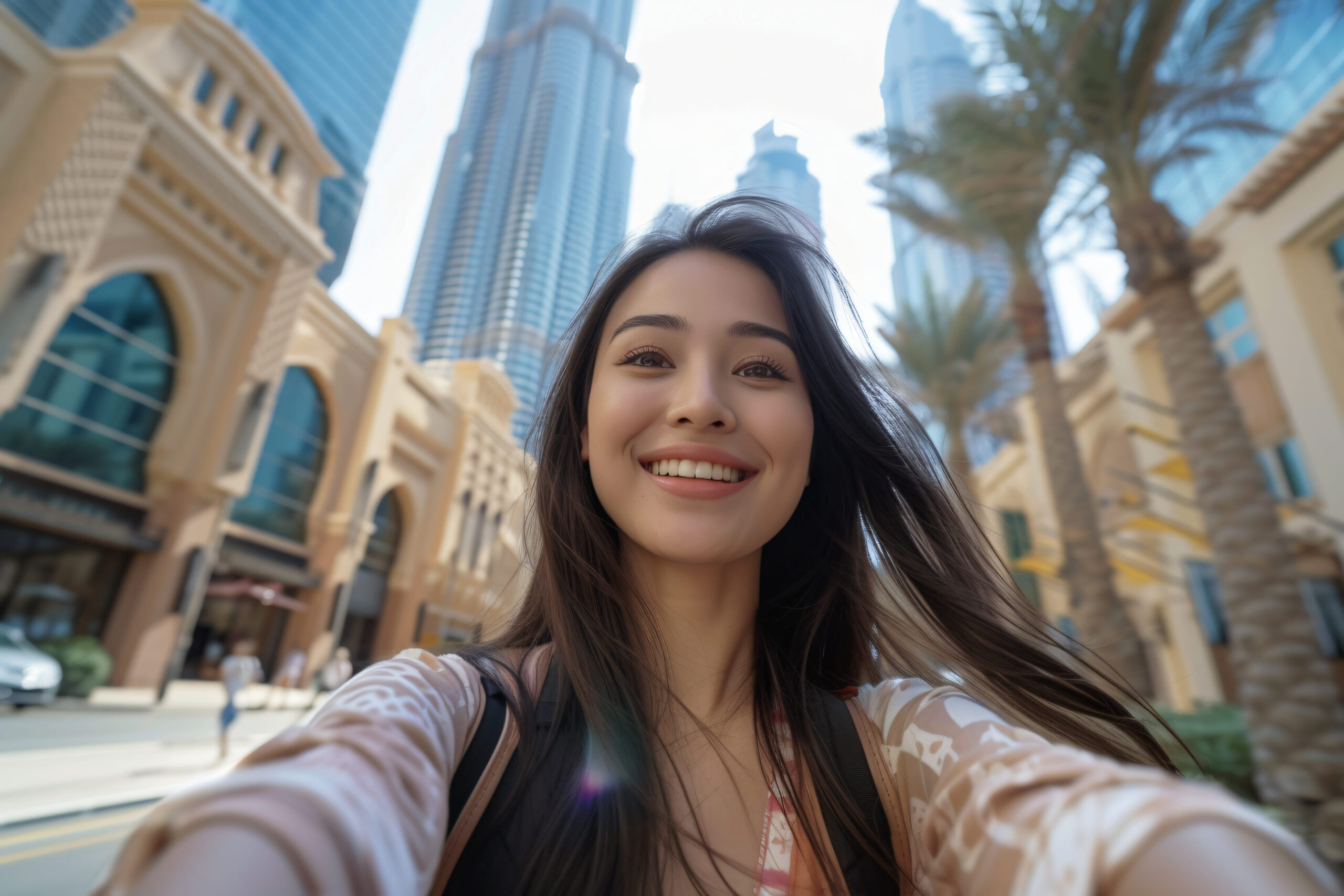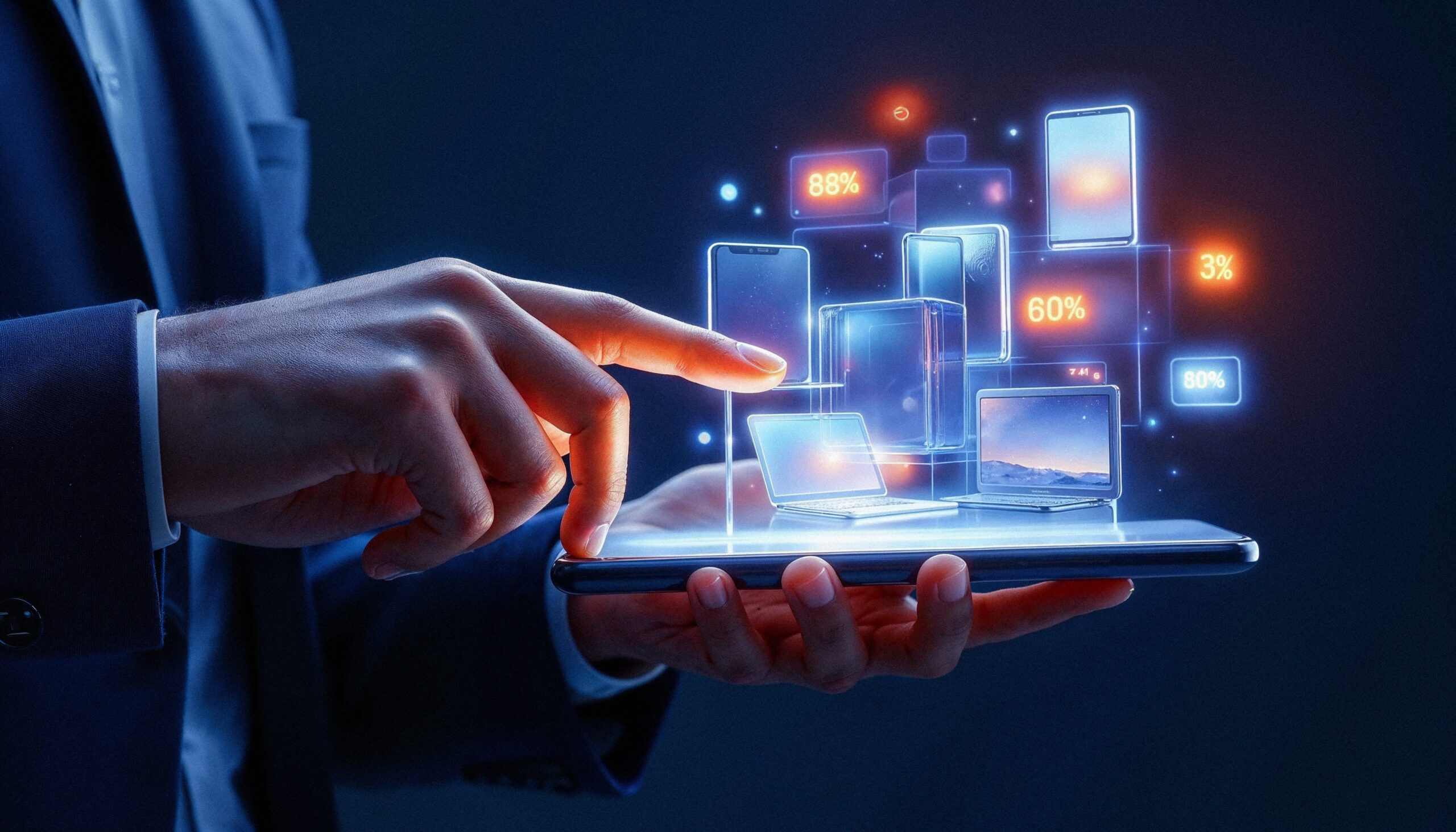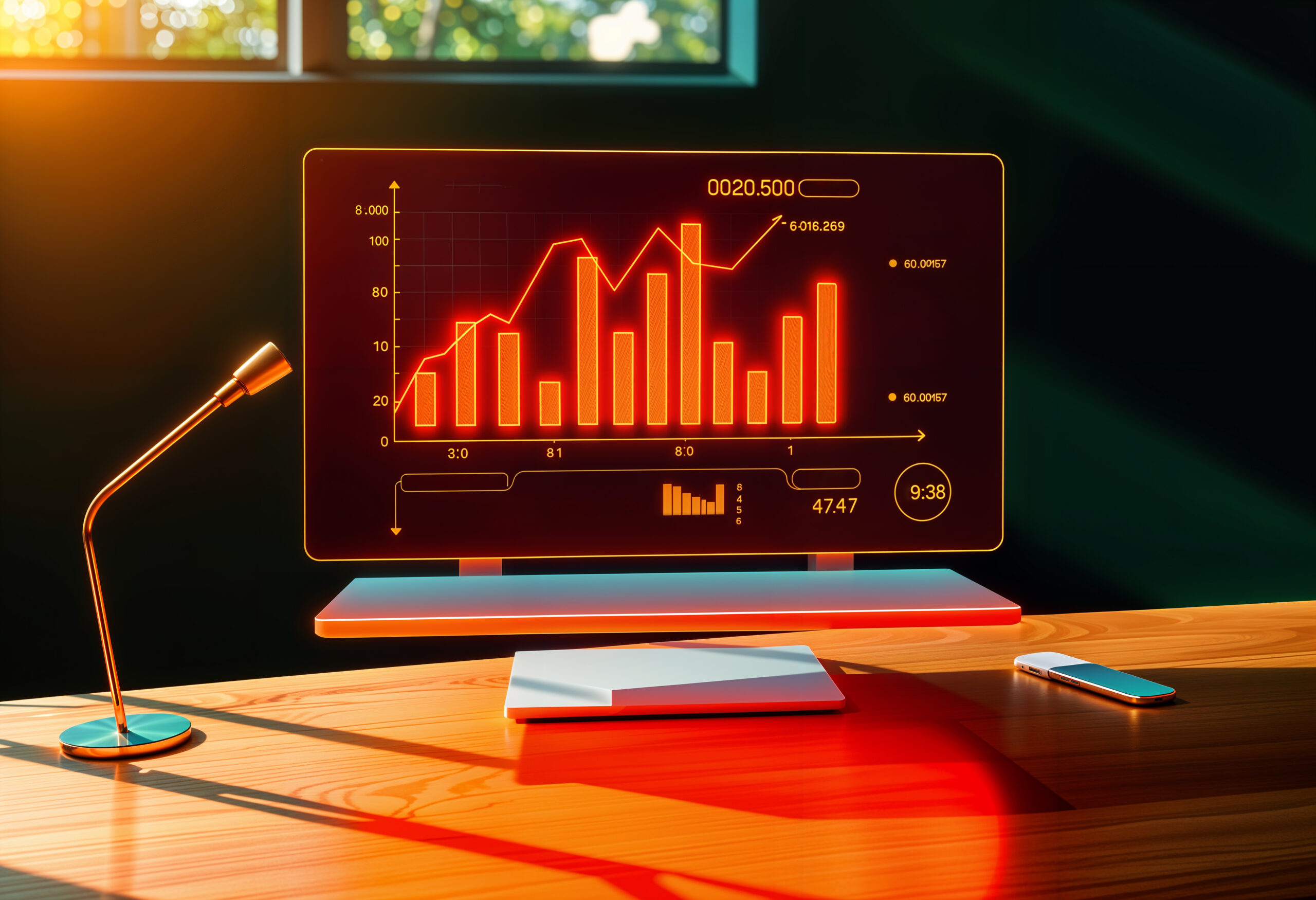Influencer Marketing in Dubai
Dubai, the sparkling jewel of the Middle East, is known for its innovation, luxury, and forward-thinking business environment. In recent years, influencer marketing in Dubai has surged, with brands and businesses harnessing the power of social media personalities to amplify their reach and connect with a diverse, tech-savvy audience. This growing trend is reshaping how companies approach advertising, allowing them to tap into authentic connections and foster deeper engagement with potential customers. From fashion to food, beauty to travel, influencers in Dubai are shaping conversations and driving consumer behavior across multiple industries. In this blog, we’ll explore why influencer marketing in Dubai has become such a powerful tool and how businesses can leverage it to elevate their brand presence in this dynamic market.
How influencer marketing is impacting Dubai’s digital landscape?

1. The Dominance of Social Media in Dubai
Social media platforms like Instagram, TikTok, YouTube, and Snapchat dominate the digital landscape in Dubai. With a highly tech-savvy population and over 99% internet penetration, Dubai has seen a sharp increase in content consumption, especially among younger audiences. Influencers in Dubai, who often command substantial followings, are trusted by these audiences. Their opinions and recommendations often carry more weight than traditional advertisements.
Dubai’s influencers range from local stars to international names, creating a unique blend of global and regional influences that can reach diverse audiences. The city’s large expat community and multicultural environment make influencer marketing even more powerful, as brands can target niche markets in ways that traditional marketing cannot.
2. Types of Influencers in Dubai
Dubai’s influencer ecosystem is diverse, with influencers spanning various categories:
Mega Influencers: These individuals have millions of followers and often partner with global brands. They hold significant sway over public opinion, and brands often use them to create a global impact.
Macro Influencers: With tens of thousands to a few million followers, macro-influencers have a strong following and engage well with their audience. They are often seen as more relatable than mega influencers, yet still have substantial credibility.
Micro-Influencers: These influencers typically have smaller but highly engaged audiences. Micro-influencers are often seen as more authentic and relatable, making them an ideal choice for brands targeting niche markets.
Nano Influencers: With a very small following, nano influencers are known for their high engagement rates and personal connections with their audience. They often offer a more intimate and authentic way for brands to reach potential customers.
3. Brand Collaboration with Influencers
For brands operating in Dubai, influencer marketing offers a direct and effective channel to connect with consumers. Here’s how brands can collaborate with influencers to achieve success:
Local Relevance: Dubai is a blend of luxury and contemporary trends, and consumers are highly discerning. Collaborating with influencers who are in tune with the local culture allows brands to authentically resonate with the audience. Influencers in Dubai are often considered trendsetters in areas like fashion, lifestyle, and technology.
Expanding Reach: Brands can tap into global markets by partnering with influencers who have international appeal. For example, luxury brands may collaborate with Dubai-based influencers to target wealthy clients both within and outside the UAE. This allows brands to increase their global presence, utilizing influencers as ambassadors.
Credibility and Trust: Influencers in Dubai, particularly those who have grown their following organically, tend to have a loyal and trusting audience. When they endorse a product or service, their audience is more likely to trust the brand’s quality and authenticity, compared to traditional advertisements that may seem less personal or transparent.
Content Creation: Dubai’s influencers are adept at creating high-quality, engaging content that resonates with their followers. Whether it’s sponsored posts, product reviews, or behind-the-scenes glimpses, influencers can offer brands custom-tailored content that highlights the product or service organically.
Micro-targeting: Through micro and nano influencers, brands can target very specific demographics. For instance, a fitness brand may collaborate with local fitness influencers to tap into health-conscious communities, or a tech company may partner with influencers specializing in gadget reviews to engage tech enthusiasts.
4. Measuring Success and ROI
The effectiveness of influencer marketing in Dubai can be measured through several key performance indicators (KPIs). These include engagement rates (likes, comments, shares), brand mentions, traffic to websites, and sales conversions. Dubai’s influencers are highly adept at engaging their followers through creative and interactive content. With the right analytics tools, brands can track the success of their campaigns in real-time.
In addition to engagement and direct sales, the long-term impact of influencer partnerships on brand perception and credibility should be considered. When influencers build authentic relationships with their audience, they can leave lasting impressions, which can result in sustained brand loyalty.
5. Challenges and Considerations for Brands
Regulations and Compliance: Influencer marketing in Dubai is regulated by the UAE government. Influencers must adhere to guidelines related to transparency, including marking sponsored content. Brands must ensure that their collaborations follow local advertising regulations.
Cultural Sensitivity: As Dubai is a melting pot of cultures, brands need to consider the cultural sensitivities of their campaigns. Brands need to collaborate with influencers who understand the local customs and values, ensuring that the messaging resonates with both the local Emirati population and the expat community.
Over-saturation: The rise of influencer marketing in Dubai has led to an influx of influencer partnerships. As a result, some audiences may become weary of sponsored content. Brands need to focus on quality and authenticity, ensuring their campaigns are not just another advertisement, but a genuine partnership that offers value to both the influencer and their audience.
6. Looking Ahead: The Future of Influencer Marketing in Dubai
Dubai’s digital landscape is continuously evolving, and influencer marketing will likely remain a central component of the region’s marketing strategies. Emerging platforms like TikTok, combined with innovations in augmented reality (AR) and artificial intelligence (AI), will shape how influencers create and share content. Brands can expect even more interactive and immersive experiences through collaborations with influencers, including virtual try-ons, product launches, and live events.
Furthermore, with Dubai’s vision for a tech-driven future, influencers who leverage new digital tools will become increasingly important. This will provide brands with more opportunities to collaborate with influencers in innovative ways.
Top 10 influencers in Dubai:
Huda Kattan – Founder of Huda Beauty, Huda is a global beauty icon with over 50 million Instagram followers, sharing makeup tutorials, beauty hacks, and product reviews.
Khalid Al Ameri – A storyteller and motivational speaker, Khalid shares heartwarming and humorous content about family, life, and social issues.
Mona Kattan – Co-founder of Huda Beauty, Mona shares beauty tips, business advice, and personal lifestyle content with a large online following.
Noor Stars – A popular YouTuber with millions of subscribers, Noor is known for her lifestyle, beauty tutorials, and comedic content.
Nadine Nassib Njeim – A Lebanese actress and fashion icon based in Dubai, Nadine has a massive Instagram following, sharing beauty and lifestyle content.
The Food Diva – A food influencer, she shares delicious recipes, restaurant reviews, and food photography, garnering a large following.
Taim Al Falasi – Taim shares captivating travel and lifestyle content, exploring cultures and experiences across the globe, with millions of followers.
Abeer Sinder – A beauty and fashion influencer, Abeer shares stylish looks, beauty routines, and luxury lifestyle content.
Mohammed Al-Dosari – Known for his tech expertise, Mohammed reviews gadgets and tech trends, helping millions stay informed about the latest innovations.
Rashid Al Majed – A celebrated UAE singer with millions of followers on social media, Rashid engages fans with his music and personal content.
Conclusion
Influencer marketing in Dubai plays a pivotal role in shaping the region’s digital landscape. With the right influencer partnerships, brands can effectively reach and engage a diverse and tech-savvy audience, enhance credibility, and build lasting relationships. However, to succeed, brands must ensure their campaigns are authentic, culturally sensitive, and aligned with the digital trends shaping the future of marketing.
Don’t miss out on more insightful articles! Read our other blog on Digital Marketing Trends 2025 to stay informed, inspired, and up-to-date on a variety of topics.


